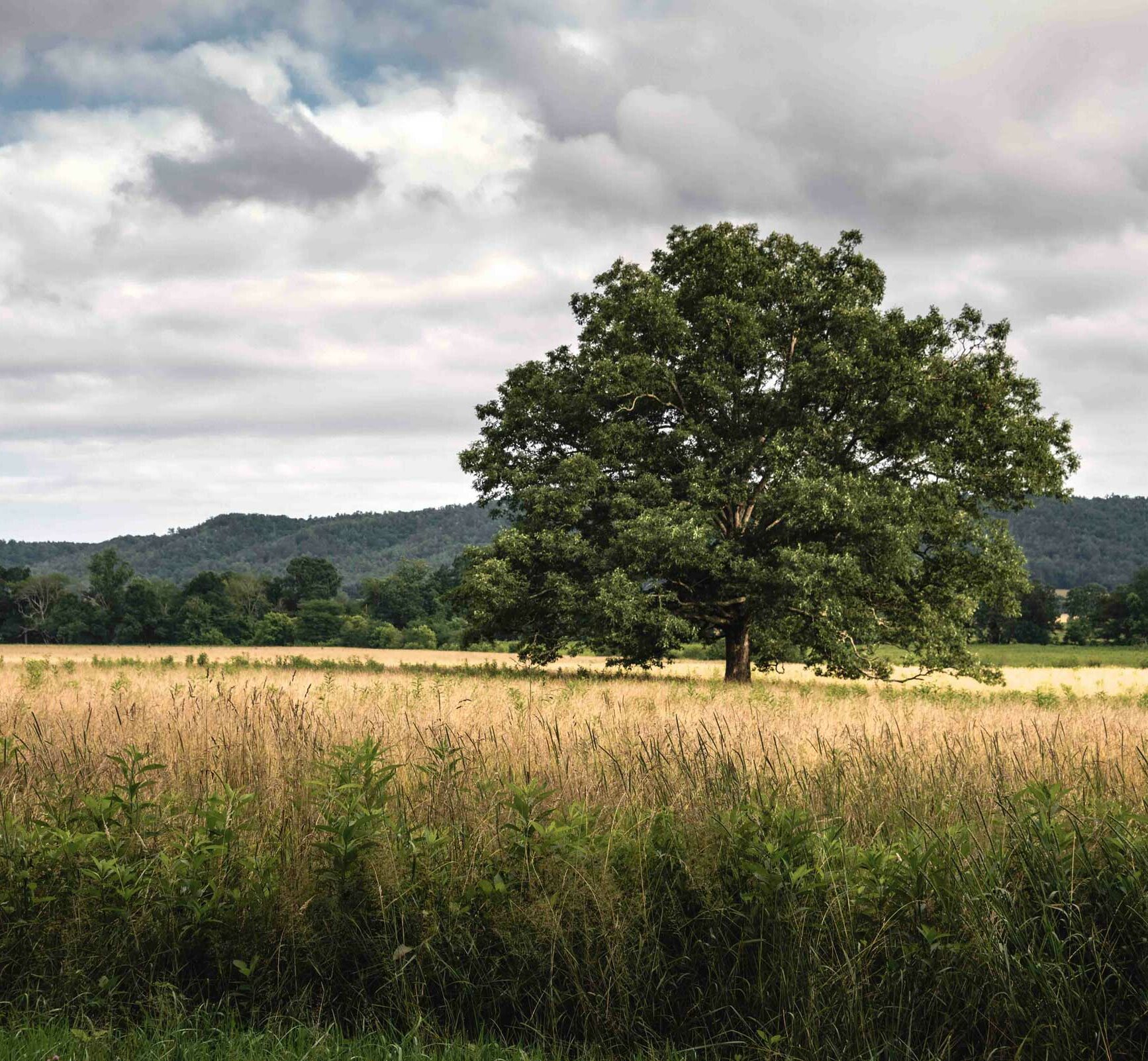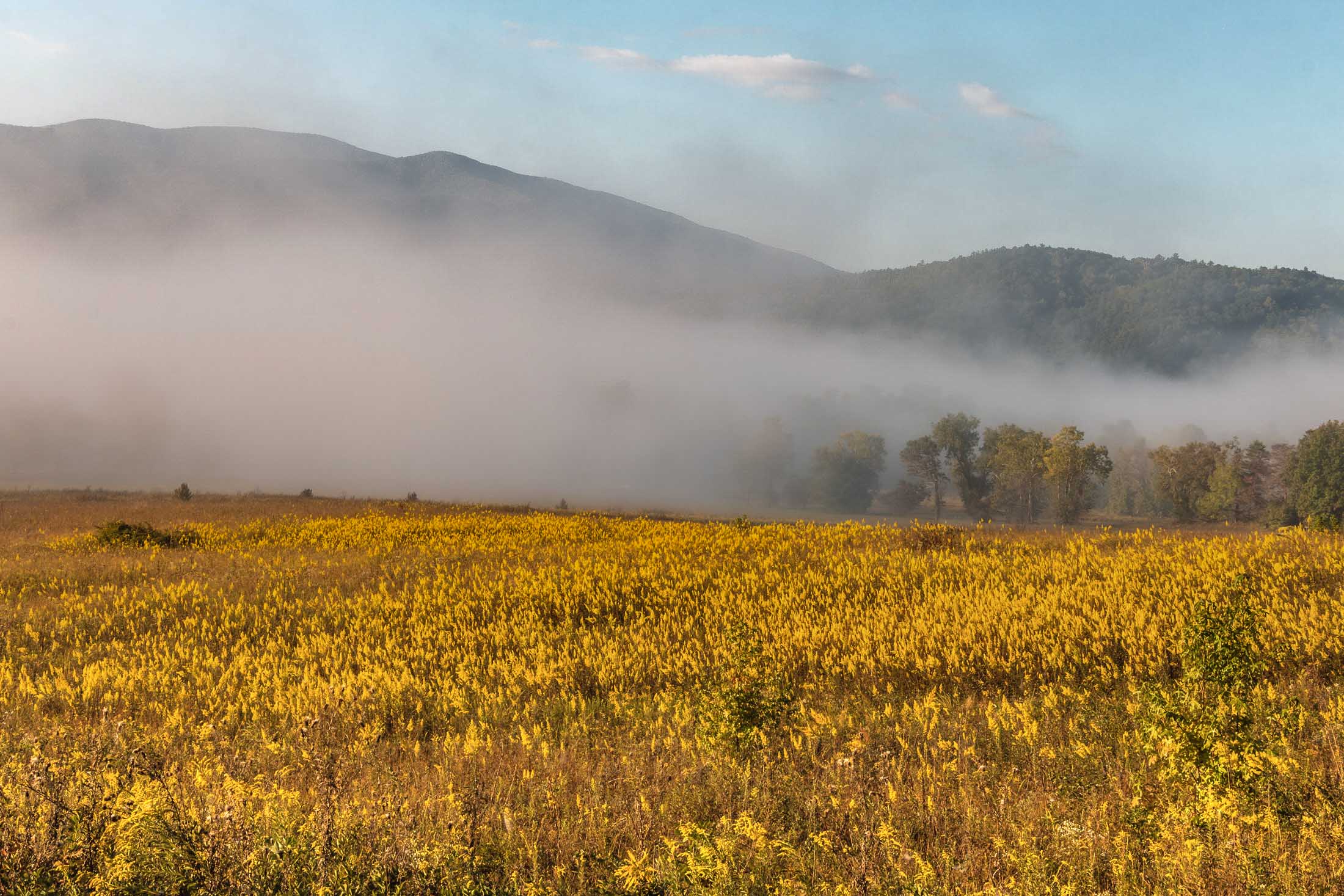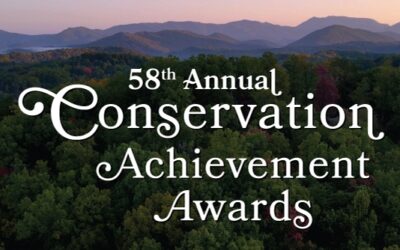Restoring North America’s Most Imperiled Ecosystem
Tennessee was once home to an estimated 7 million acres of grasslands. Even now, after so much loss of grassland over the past 250 years, Tennessee lost an average of 27,359 acres of grassland each year between 2008 and 2016. Restoring this critical habitat is key for the success of native wildlife and plants.
Did you Know?
7
estimated historical acres of grassland in Tennessee
216,000+
of grassland lost in Tennessee from 2008 to 2016
of threatened and endangered plants in the southeast require or prefer grassland habitats.
Source: Southeastern Grasslands Initiative
Grasslands are Critical Habitats for Plants and Wildlife
Of the more than 26 million acres of land in Tennessee, nearly 7 million were historically grassland habitats. Most types of grasslands in the Southeast have declined by at least 90% of their historic range. Grassland habitats provide many ecosystem benefits, such as carbon sequestration, improving soil health, and flood control. They also provide incredible food and cover for pollinators and wildlife species that rely on grassland habitats, as well as economic benefits through horticulture, tourism, agriculture, and more.
Tennessee Wildlife Federation is a member of the national coalition in support of the North American Grasslands Conservation Act (NAGCA). If passed, this act would provide dedicated funding for restoration and conservation of native grasslands across the country. It would also create a North American Grasslands Conservation Strategy to guide these projects.
The NAGCA was first introduced in the U.S. Senate in 2022. The bill was modeled after the highly successful North American Wetlands Conservation Act, which has led to the restoration of nearly 3 million acres of habitat since it passed in 1989.
Without grasslands, thousands of wildlife and plant species would be lost. Learn more about the NAGCA and how it would impact conservation in the southeast in this blog.

Speak out
Help lead Tennessee's wildlife and habitat conservation movement by making your voice heard.
Give
Your generosity helps manage wildlife populations and restore habitats for a more vibrant Tennessee.
Sign up for action alerts
Learn More
Repairing Nature Through Habitat Restoration
As of June 2023, the Federation has enhanced and protected more than 15,000 acres of land across the state and planted more than 500,000 trees.
2023 Conservation Achievement Award Winners
This year, the Federation celebrated 17 individuals and companies from across the state who are conserving our wildlife and wild places.
Conservation Groups File to Defend Longstanding Clean Water Protections
Clearer, more consistent clean water protections for streams, fisheries, and wetlands that provide habitat and protect communities from storms are at stake.




